Members’ victories
Scroll downOur 35 members in 28 countries in Europe work on the ground to facilitate the transition to zero waste. These organisations work tirelessly to advocate for practices that pave the way for a circular economy – this includes lobbying for ambitious waste directives, creating spaces for knowledge sharing, mobilising public support, engaging the community and working with stakeholders to make zero waste a reality in Europe.
Our members are the changemakers on the ground – and this section is dedicated to highlighting some of their victories.
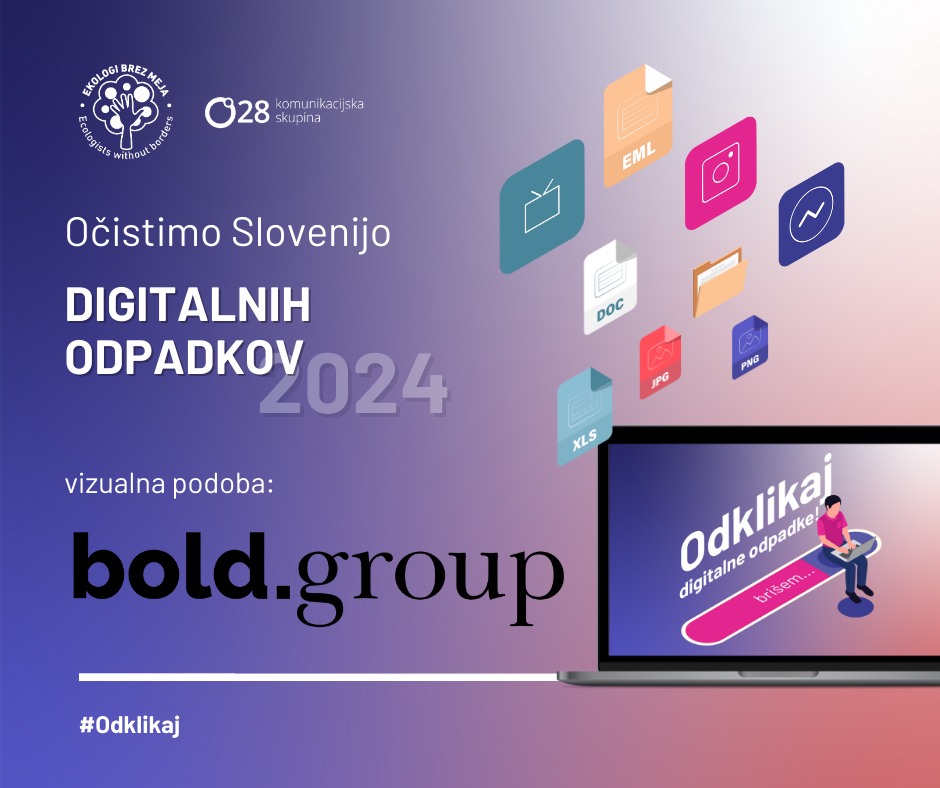
Ekologi brez meja: collective digital cleaning in Slovenia
This March, Slovenians were invited to clean their devices and submit the excess gigabytes freed up on a dedicated platform. The aim of this campaign was to raise awareness of the accumulation of digital waste and organise collective action to reduce the carbon footprint.
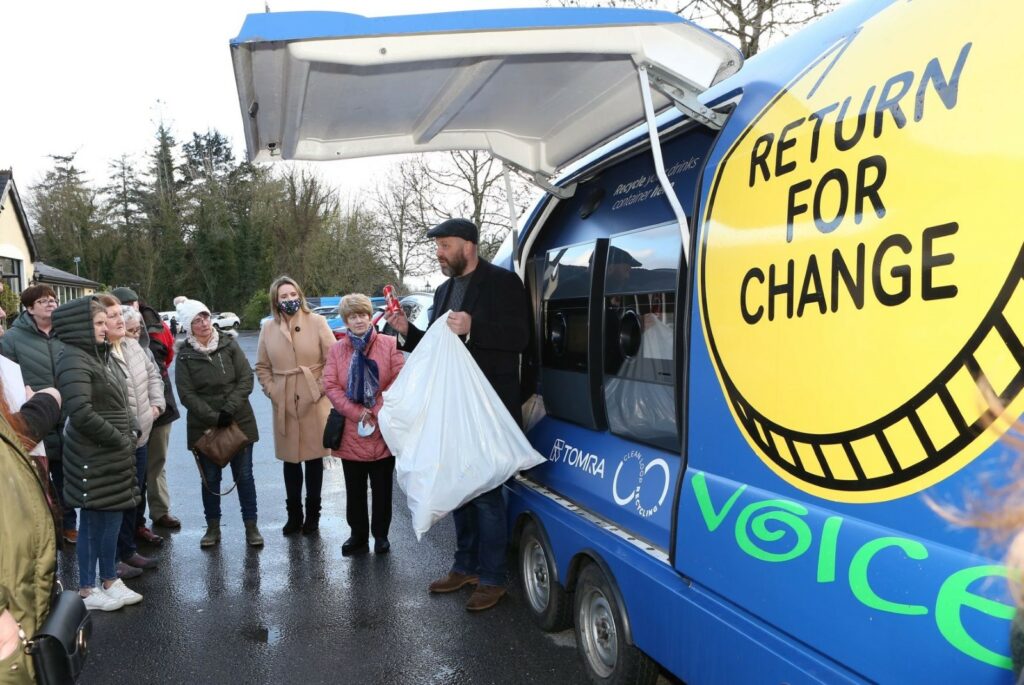
VOICE success! Launch of Deposit Return Scheme
Ireland officially launched its national Deposit Return Scheme (DRS) on 1 February! Over the last twenty years, VOICE has played a crucial role by coordinating advocacy and awareness campaigns, including initiatives like the Return for Change campaign, and partnering with Re-turn, the Irish Scheme Operator.
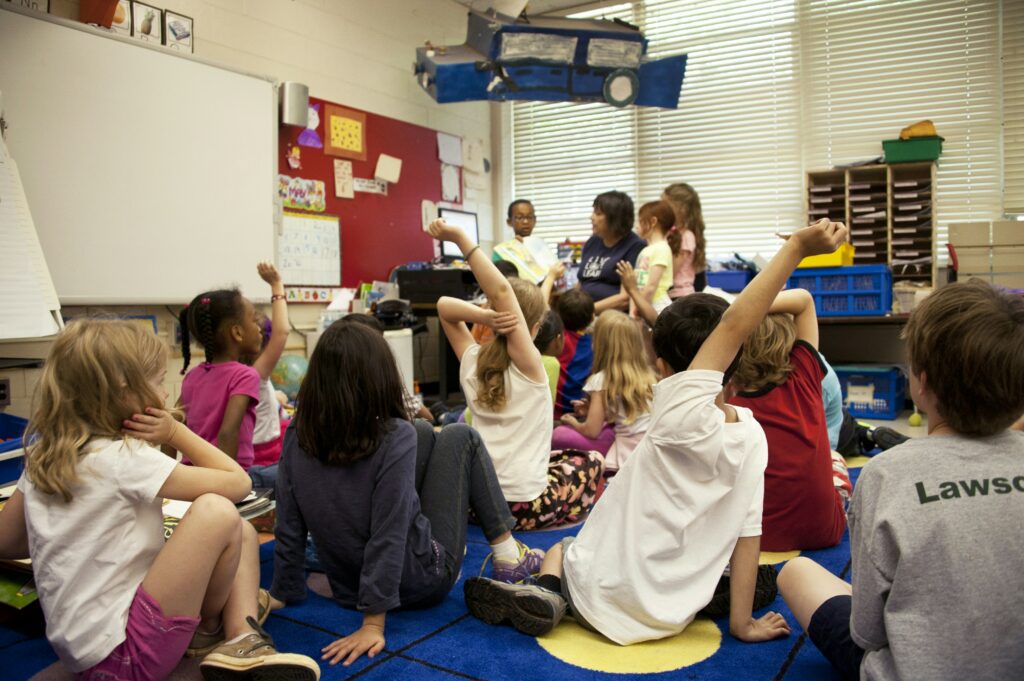
Zero waste on the school curriculum - Zero Waste Austria
Zero Waste Austria provides workshops on Zero Waste specifically designed for students in the 10-16 age range. These workshops delve into various subjects including waste sorting, food waste reduction, and hands-on DIY projects. Currently available in Vienna, Lower Austria, and Upper Austria, the courses employ a fun and interactive approach to educate children and young adults about waste management and the circular economy. By equipping them with practical tools and knowledge, these workshops empower students to conserve resources in their everyday lives and contribute to environmental preservation.
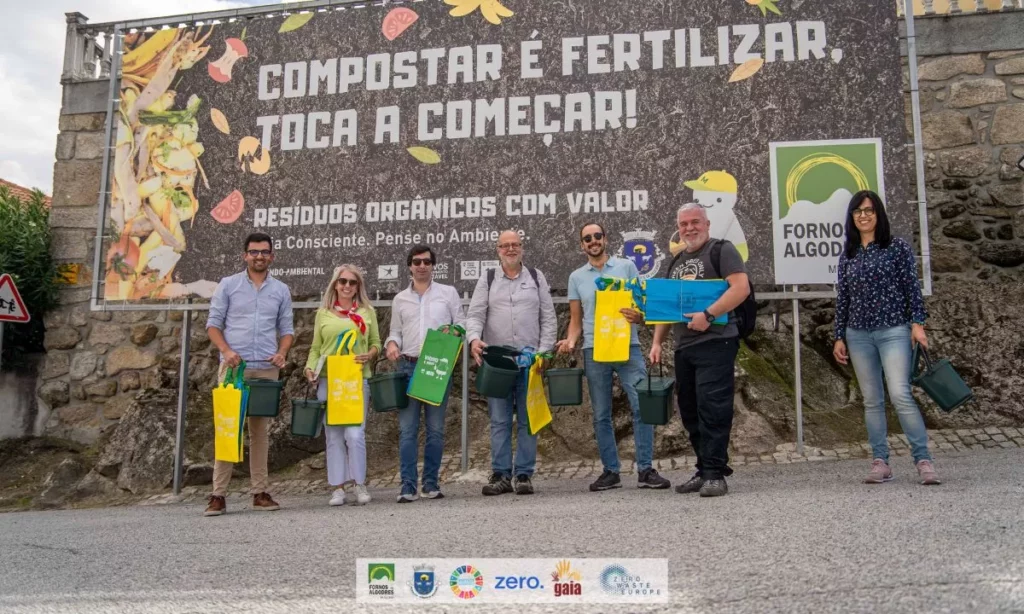
Muxagata Aldeia Sustentável project in Portugal - ZERO
In the Portuguese village of Muxagata, to contrast a set of economic and social challenges, the municipality decided to revert the situation with the “Muxagata Aldeia Sustentável” project. The project introduced a door-to-door collection system for biowaste and recyclables, with local employees collecting waste three times a week. Biowaste is processed in a community composting unit, while recyclables are sent to regional waste facilities. The project involves technical support from the consultant ZERO, who provided workshops on community composting.
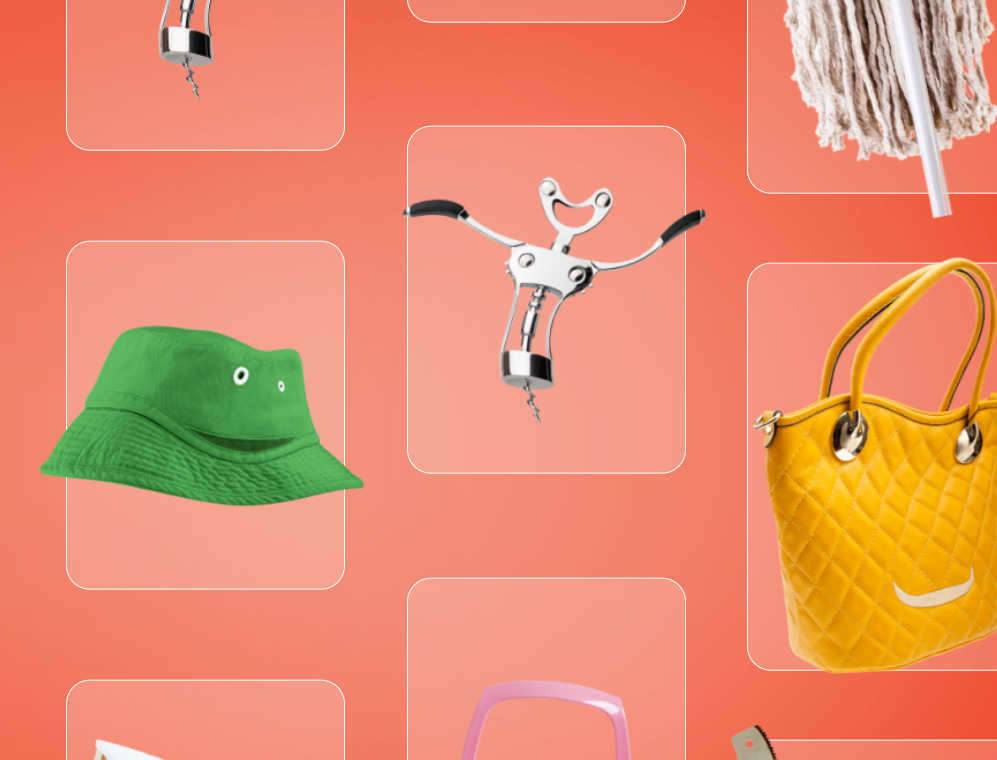
Digital hub for reuse, rent, and repair spots - ZW Latvija
Zero Waste Latvija has developed a digital platform to promote circular economy alternatives instead of overconsumption. Under the headline “Things like to be used”, the platform features a digital ‘library of things’ and a map of different CE alternatives, including libraries, rental and repair shops, as well as a wide range of second hand and exchange services. The platform organises repair and DIY workshops every month, with November’s workshops being centred around clothes upcycling and bike repair.
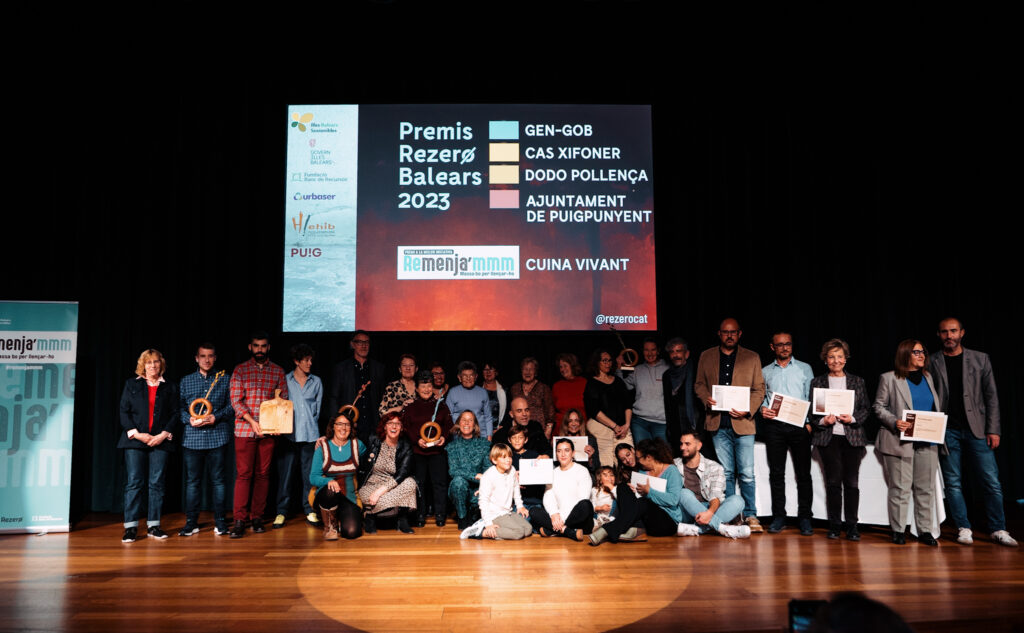
Residu Zero Festival - REZERO
Our Catalan members REZERO is the organiser of the Residu Zero Festival, an event designed to engage in discussions with experts and influential figures across different domains focusing on strategies for achieving a viable future with zero waste.
The 2023 edition took place in October in Palo Alto, Catalonia, and featured the announcement of the winners of the 4th Rezero #Balears Awards. Additionally, the event marked the launch of the platform generacoco where you can discover five thematic courses (in Catalan) with various videos and resources, including tools, information, and collaborations from key figures in Conscious Consumption. This resource is available for free until January 31, 2024.
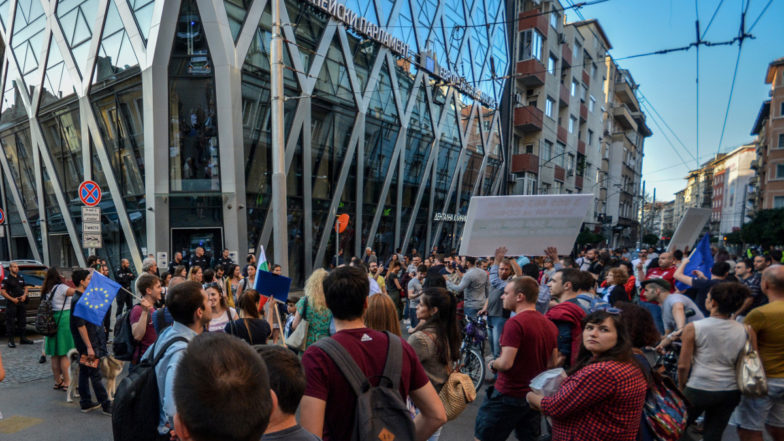
Great win against a new incinerator in Bulgaria - Za Zemiata
Our member Za Zemiata, together with local communities and other environmental organisations, obtained the cancellation of the EIA of the project for an incinerator in Sofia after 8 years of battles. The reasons behind the court’s decision are related to residents’ health, air pollution, toxic ash generation and additional traffic increase. This victory is a useful precedent for the many who are fighting the same battle in Europe. More information on the Press Release.
Related content: the report “Enough is enough” that highlights the surplus waste incineration capacities in the European Union.
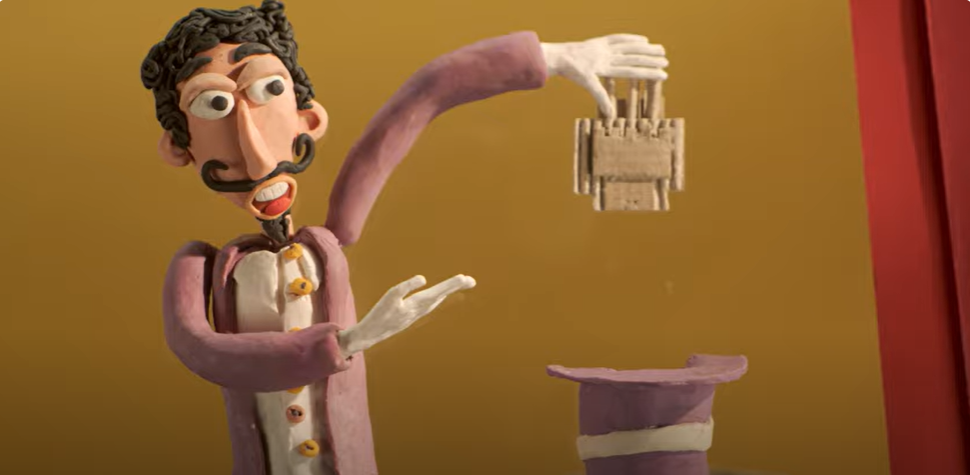
Video debunking the myths around garbage incineration - Zero Waste Alliance Ukraine
Earlier this year, Zero Waste Alliance Ukraine released a fantastic animated video that explains why incinerators are not an opportunity for waste management in the reconstruction of Ukraine. The video now exists with English translation!
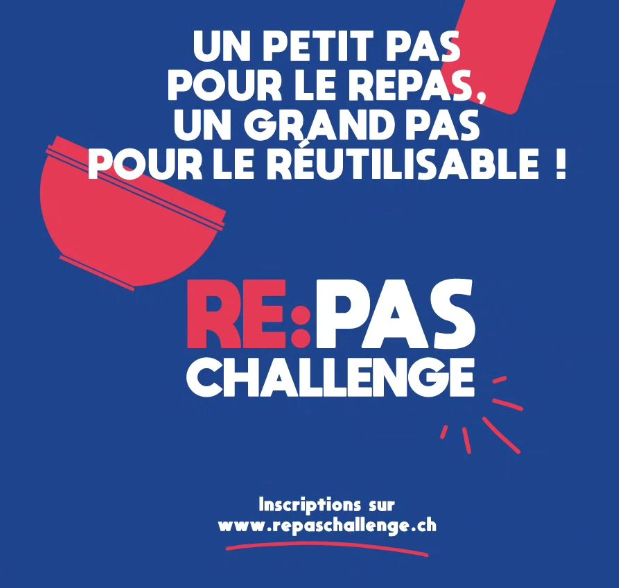
RE:PAS Challenge - Zero Waste Switzerland
Zero Waste Switzerland in partnership with the City of Lausanne and the Canton of Geneva RE:PAS CHALLENGE is an inter-company challenge to promote the reuse of reusable tableware for takeaway meals and drinks!
The project is dedicated to businesses, organisations and communities, targeting waste linked to take-out catering. The first challenge took place for 3 weeks and the results were 482.4 kg of CO2, or the equivalent of 2,297.3 km saved by car, and 115.8 kg of waste avoided, the equivalent of 28 35-litre bin bags saved.
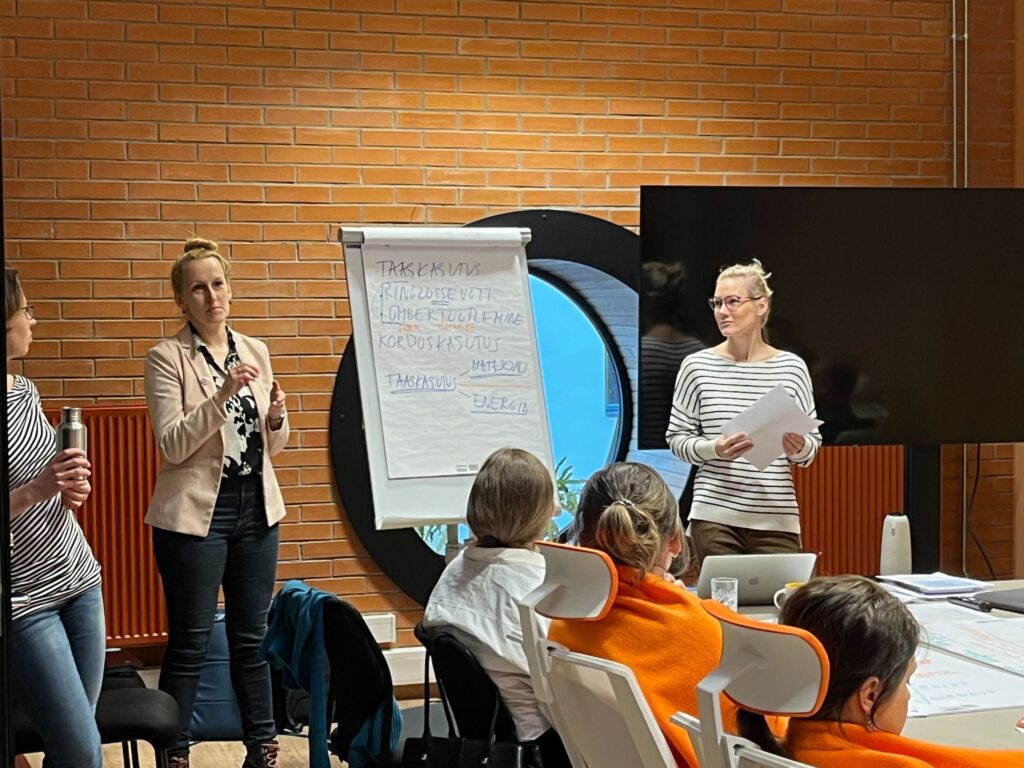
Reuse in Tallinn and in Estonia - Let’s Do It Foundation
Our member Let’s Do It Foundation (LDIF) has been working with the Estonian government on the uptake of reuse incentives and systems across the country since 2021. Through seminars and webinars, participation in campaigns such as #WeChooseReuse, media outreach activities, training of zero waste ambassadors in local government entities, promotion of best practices and success stories (just to name a few), have been working tirelessly to make sure reuse becomes the norm in Estonia. Their work is now bearing amazing fruits, with reuse becoming mandatory for all public events in Estonia as of January 2024, and businesses needing to publicly report on their waste reduction plans.
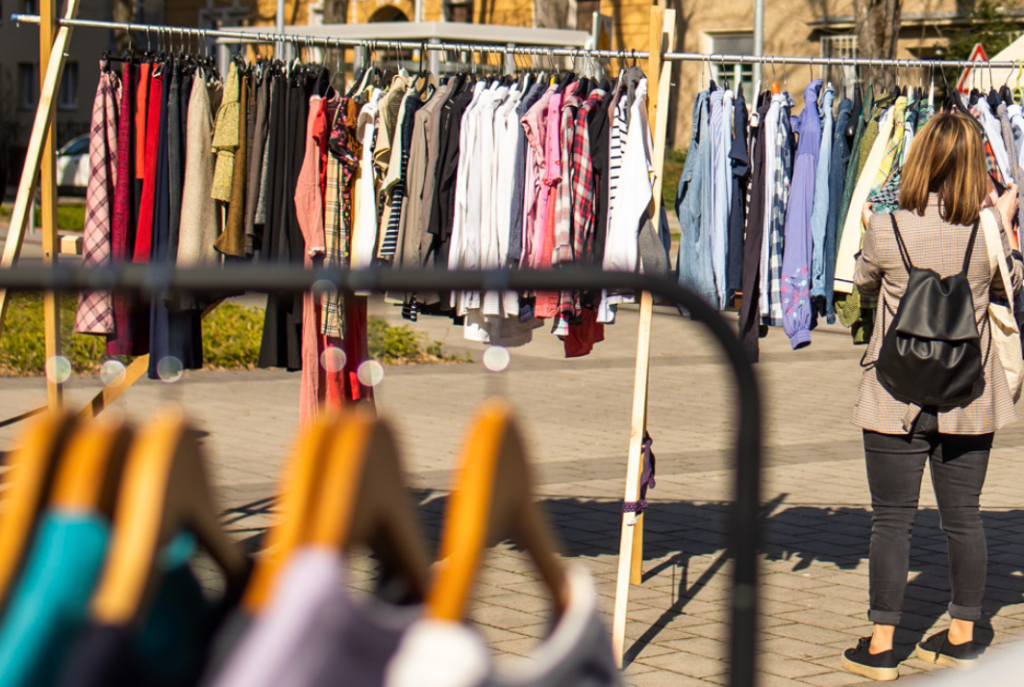
You are what you wear - Ekologi Brez Meja
The You are what you wear project by Ekologi Brez Meja and two other Slovenian NGOs highlights the challenges of the textile industry and its impact on people and the environment. By seeking new information, raising awareness, and strengthening alliances between actors involved in this issue, it seeks to transform consumers into users and encourage decision-makers to adopt appropriate policies and measures. The project included a detailed survey on textile waste in Slovenia, the launch of second-hand clothes day, recommendations for policy change and establishing an alliance of organisations working in this field.
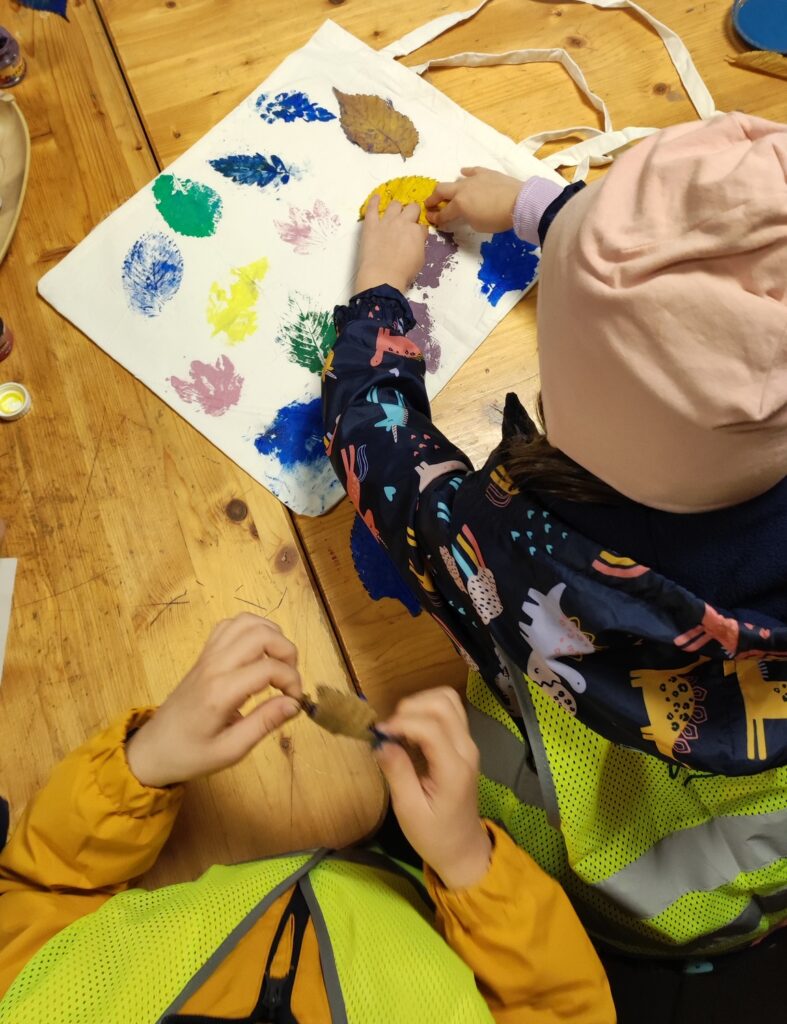
Compost Festival - Humusz
Our Hungarian members, Humusz, have been organising a Compost Festival around Compost Day (10 October) since 2021 to raise awareness of the importance of separate organics collection and food waste prevention. In 2022, the Compost Festival was joined by an impressive total of 2,211 participants – including school and kindergarten groups, as well as civil society organisations – across 49 Hungarian cities and municipalities. The Festival encouraged participants to join and develop programmes that showed the benefits of composting for both soil and health – from studying compost dwelling insects, to soil testing and art creating using compost materials.
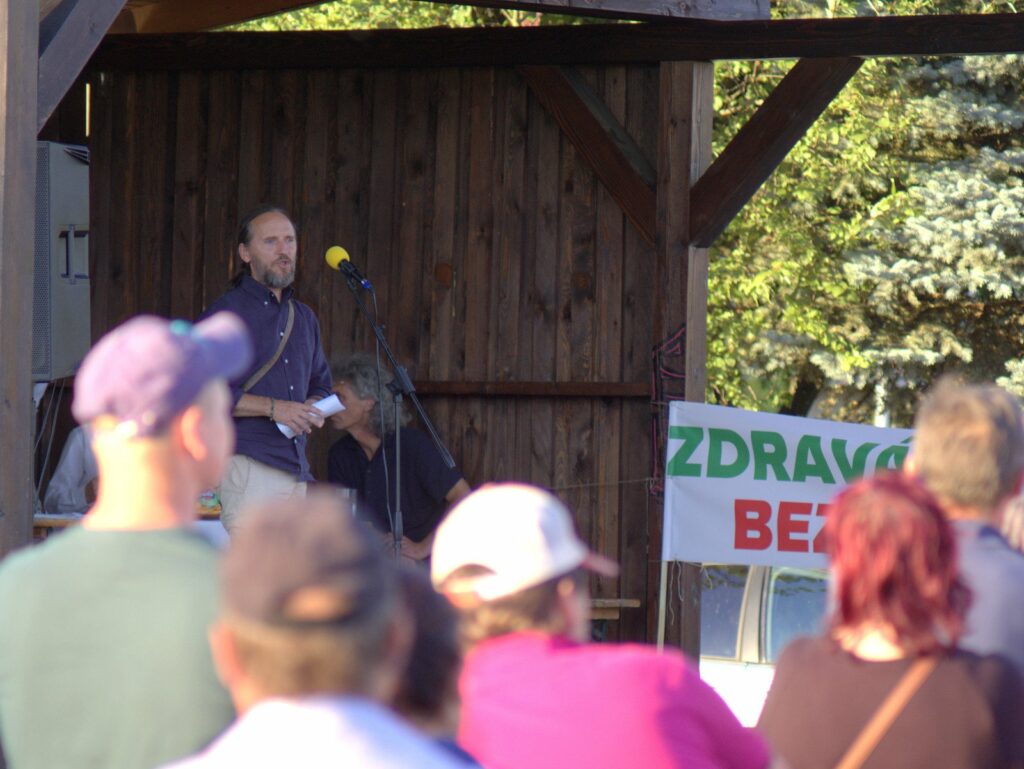
The Citizens Asssistant Centre - Friends of the Earth - SPZ Slovakia
The Citizen Assistant Centre, by FoE Slovakia – SPZ, helps citizens fight against the harmful intentions of investors and protect their rights to a healthy and high-quality environment with professional and legal advice. In the past two years, it has supported 3 citizen submissions against illegal waste management and 25 intentions of false waste management solutions.
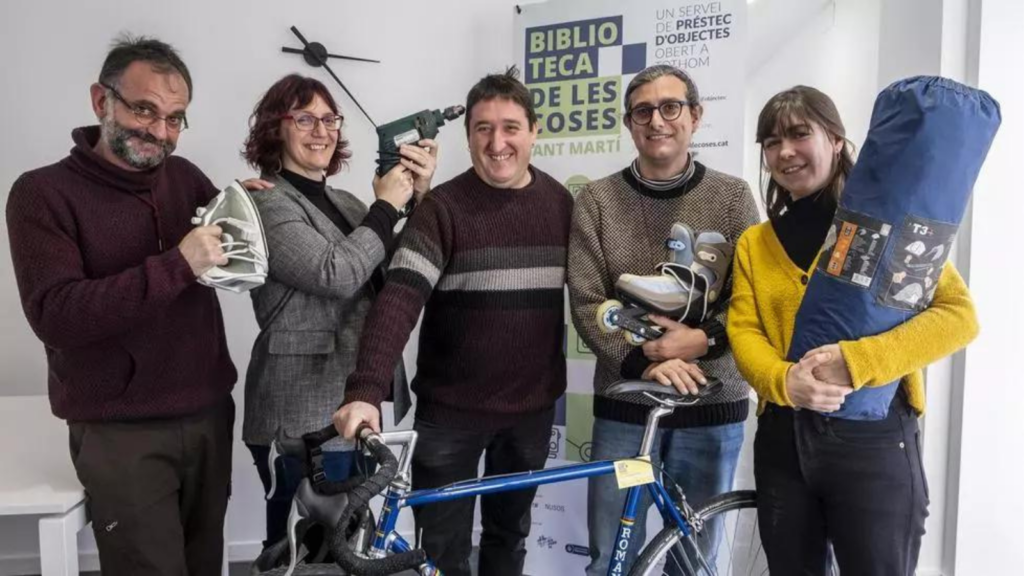
Library of Things - Rezero
Rezero opened the first Library of Things in Sant Marti, Barcelona, a community loan project that allows over 200 users to share over 500 objects, from household items, to appliances, tools and other eqiupments. The project, which contributes to the efficient consumption of resources through reuse, has already been replicated in other neighbourhoods and municipalities.
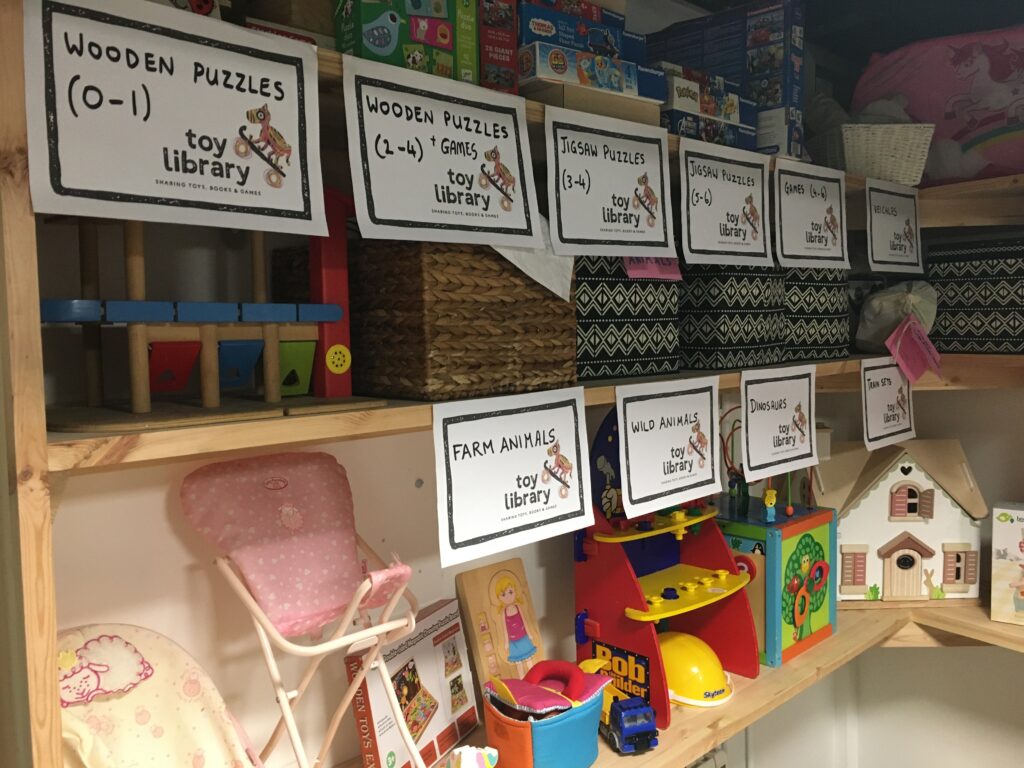
Little Footprints - Zero Waste North West
Little Footprints Parents Peer Support Group brings together parents advocating for, or wanting to engage in more eco-friendly parenting practices. The project involves workshops and information sessions by zero waste practitioners on issues such as reusable nappies or baby wear, among others. Parents can also make use of a toy library, which encourages the concept of reuse and sharing.
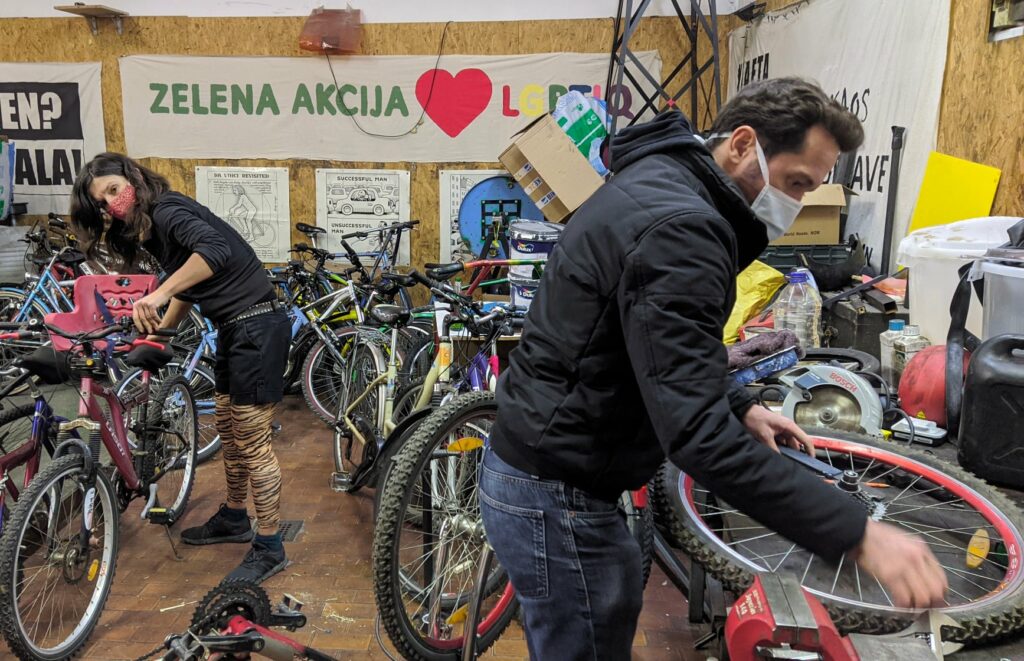
Bike Repair Workshop - FoE Croatia/ Zelena Akcija
The Bicycle Repair Workshop (BicPop), set up by FoE Croatia, is based on a “do-it-yourself” concept, where citizens can pop in and service their own bicycles, using available tools and support from volunteers present. Volunteers also repair donated bicycles, which are then forwarded to those who need but cannot afford one. In 2021, this project won the Pride of Croatia Award.
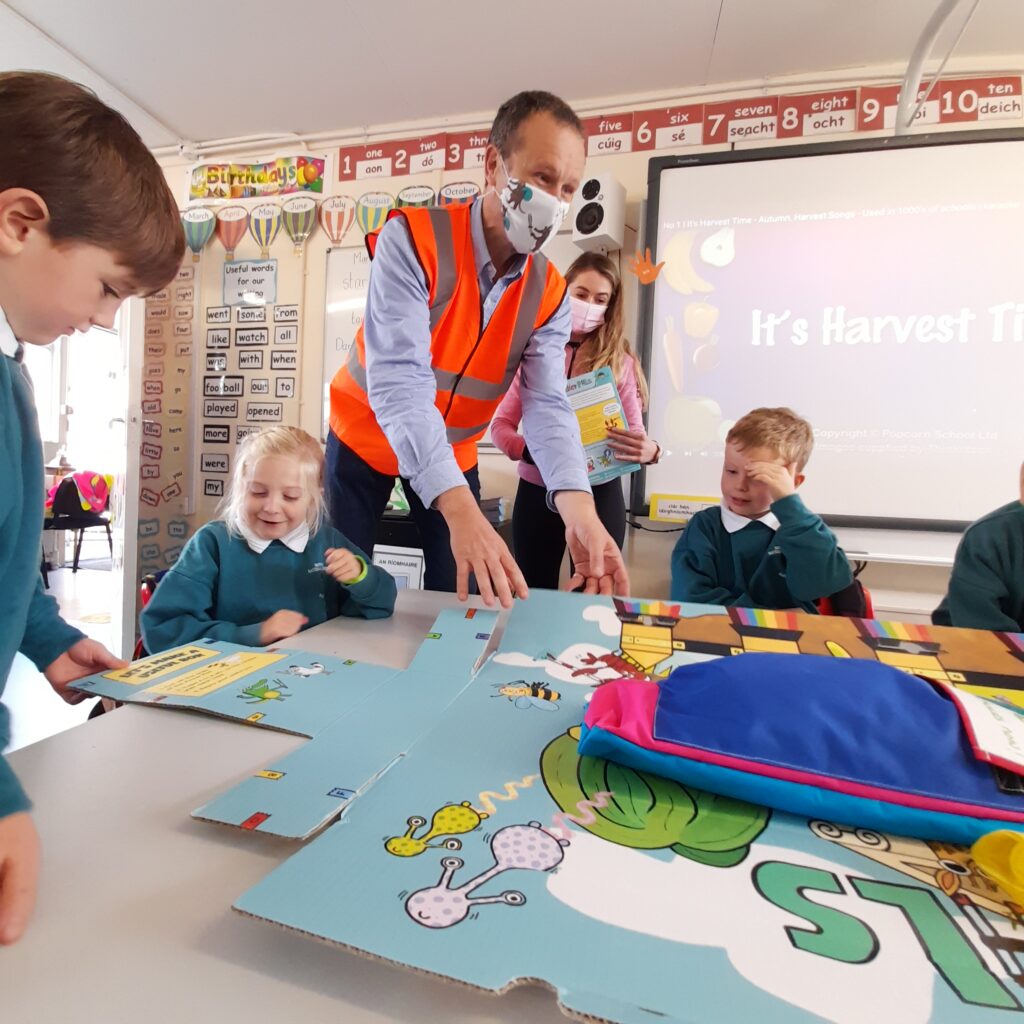
Waste education in schools - Voice
The Picker Pals Programme, led by our member in Ireland, Voice, inspires and equips children to become the next generation of environmentalists. This educational programme uses storytelling to motivate children and their families to clean up their local areas, while becoming aware of the consequences of waste and single-use packaging. Half the primary schools in Ireland are now signed up for this programme.
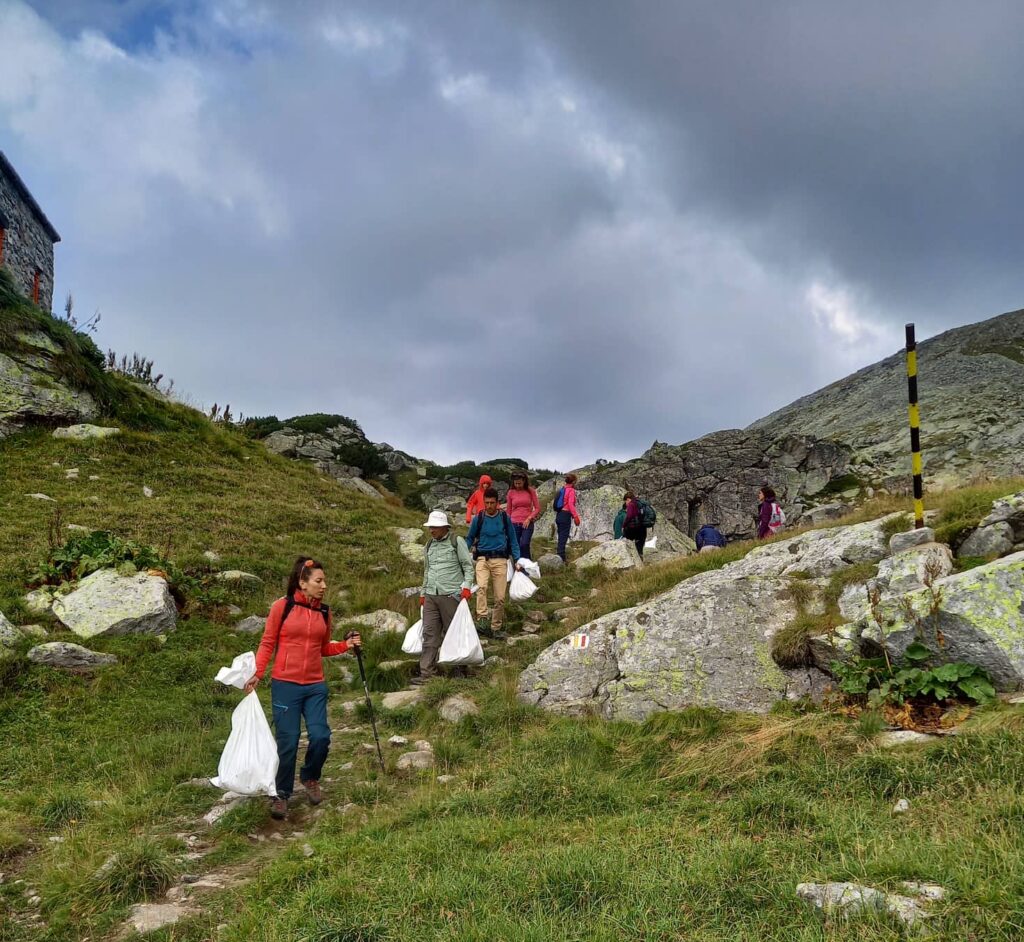
Waste prevention on mountains - Za Zemiata
Since 1999, Za Zemiata has been organising clean-ups on Bulgaria’s mountains. The campaign “IzChisti planini” (Clean mountains), now focuses on the prevention of waste in mountains in the first place. The organisation collaborates with national park directorates to implement incentives that reduce waste and resource consumption, through workshops and projects targeting mountain guides, resort hosts, schools and tourism associations.
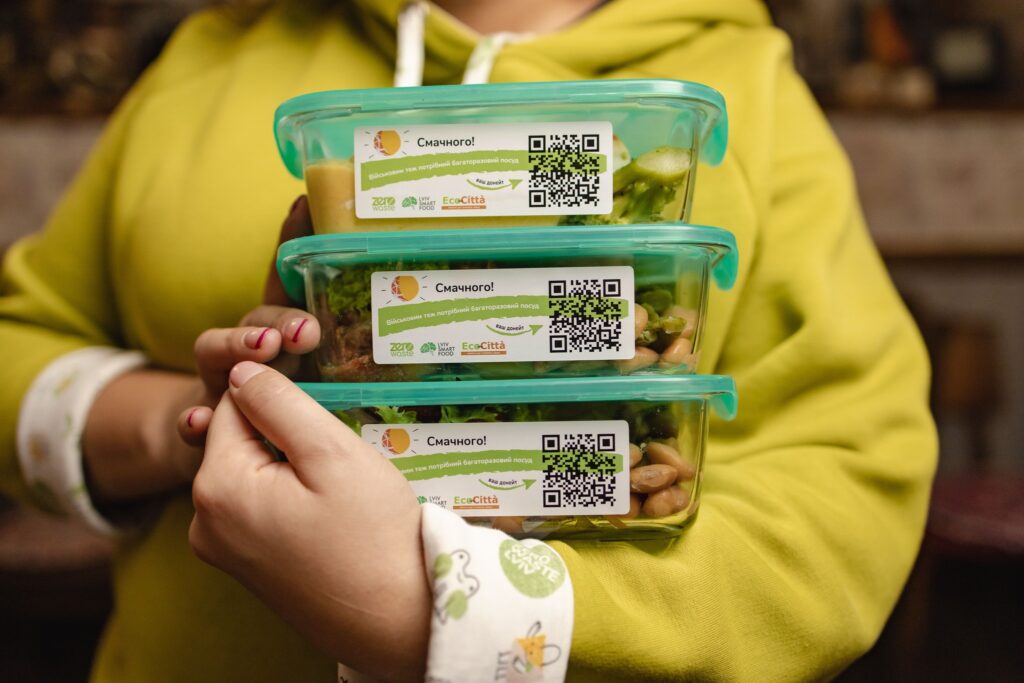
Zero Waste in Emergency Response - Zero Waste Alliance Ukraine
Despite the ongoing conflict with Russia, Zero Waste Lviv has thrived in its zero waste efforts and became an example of resilience and commitment. Some of the zero waste actions taken by the city include separate door-to-door waste collection, including organic waste, diverting 80% of organic waste from landfills through composting, and multiple waste prevention programs that include single-use plastic and sanitary products. Lviv’s case can help to establish a zero waste protocol for emergency response in communities around the world. Zero Waste Lviv is a member of Zero Waste Alliance Ukraine, which is a member of the ZWE Network.

Incinerator moratorium in Scotland - UKWIN
The United Kingdom Without Incinerators Network (UKWIN) has been campaigning against incinerators since 2007, supporting local communities, providing expertise and support and advocating heavily with policy-makers. In 2022, the network, alongside other environmental groups, welcomed the news that the Scottish Government will ensure that no further planning permissions is granted to new incinerators.

First Zero Waste Certified Cities - Ekologi Brez Meja
The municipalities of Bled and Gorje, Slovenia, were the first Zero Waste Certified Cities under the Mission Zero Academy Certification. With the support of Ekologi Brez Meja, the two municipalities managed to increase separate collection rates to up to 75% and reduce the amount of residual waste per tourist by 16%. Over 40 measures were implemented to improve resource management and awareness.
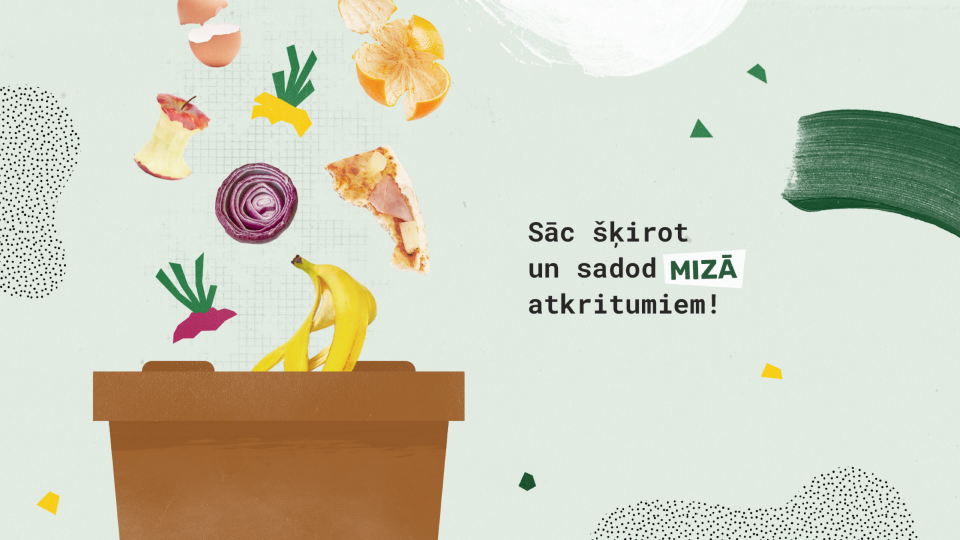
Biowaste Collection Campaign - Zero Waste Latvia
Up until 2021, biowaste collection was still a novelty in Riga, Latvia. An ambitious information campaign by Zero Waste Latvia helped to achieve a successful full city roll-out, informing citizens about the importance of separate collection and its practicalities, through engagement with press, influencers and policy-makers.
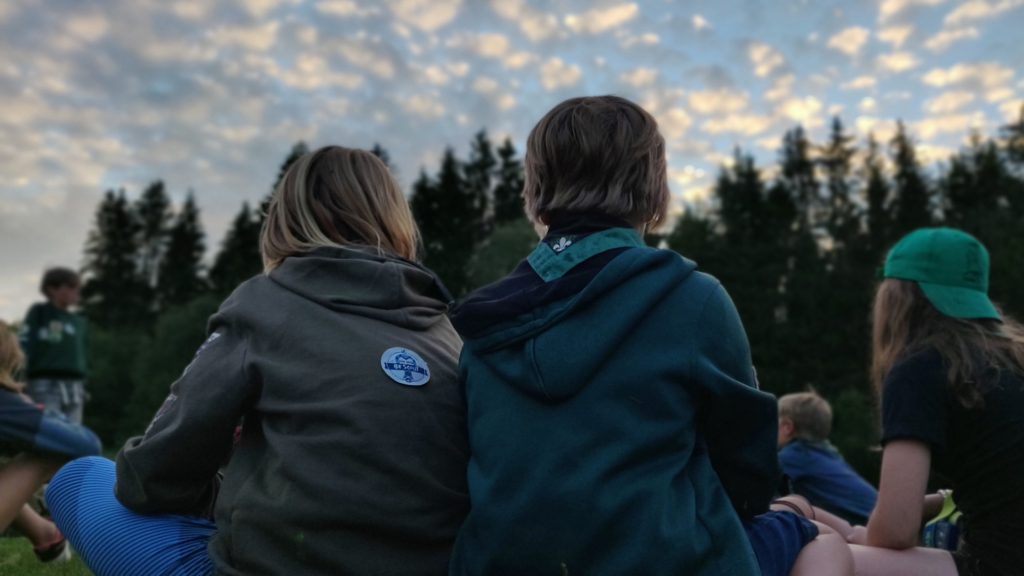
Camp Zero Dechet - Zero Waste Belgium
Since 2018, Zero Waste Belgium has been supporting youth movement groups in the country to help reduce their waste as part of the ‘Camp Zero Dechet’ (Zero Waste Camp) project. Camp Zero Dechet equips camp leaders with the skills and knowledge to reduce their waste during the camp, as well as making the whole experience more sustainable and environmentally-focused.
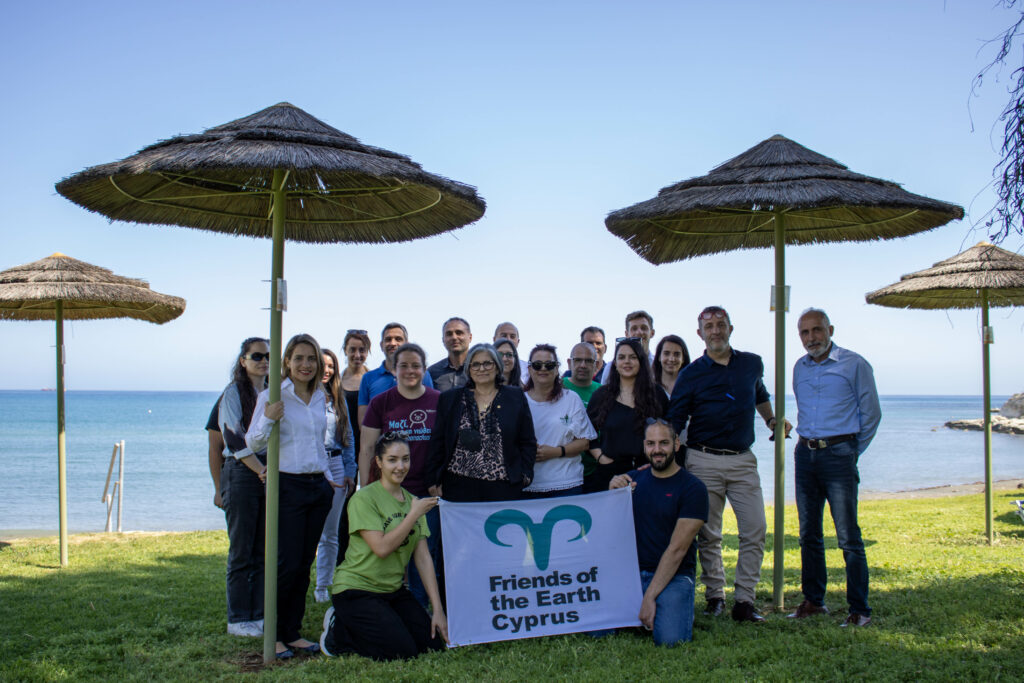
Zero Waste Alliance Cyprus - FoE Cyprus
Friends of the Earth Cyprus, together with Let’s Make Cyprus Green (LMCG), Zero Food Waste Cyprus and Ecological Movement Cyprus have formed an alliance to work together on waste prevention, waste management and solutions mainstreaming. Through joint forces and common values they work on projects in food markets (to prevent waste), reusable solutions (such as installing refill water stations around Cyprus), zero waste cities certification (through Mission Zero Academy) and organic waste management, among others.
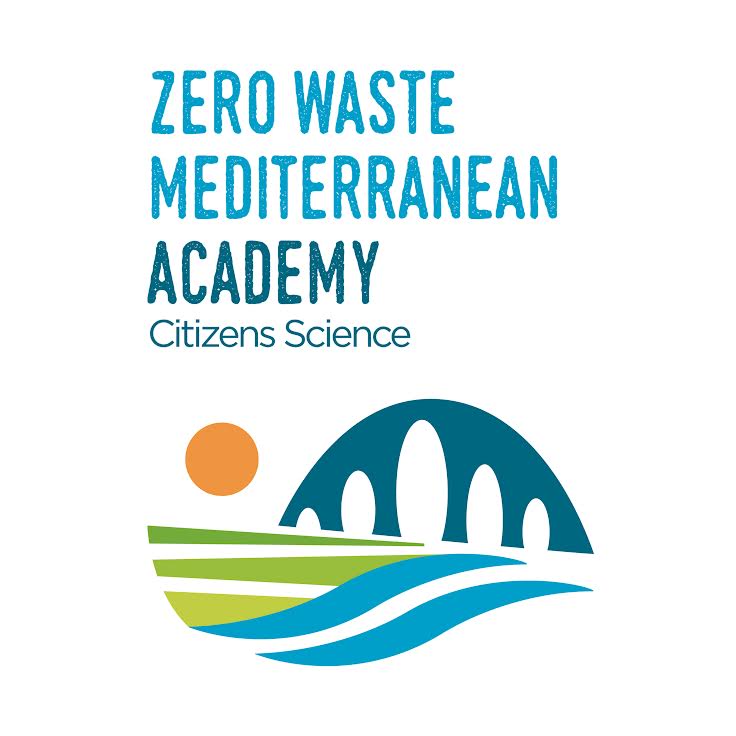
Accademia Rifiuti Zero Mediterraneo - Zero Waste Italy
The Accademia Rifiuti Zero Mediterraneo, by Zero Waste Italy, is a project that creates an opportunity for mutual exchange of zero waste experiences and good practices by universities and zero waste cities, to engage students, professors, and researchers through study projects supported by visits and exchanges on the ground. The Academy offers training on the transition to zero waste and facilitates the exchange between countries on the Mediterranean coast to protect the biodiversity of their ecosystems, which are threatened by waste. The academy has three operational offices – in Capanorri, at the Segromigno in Monte Science Park; Naples and Calatafimi Segesta (TP).
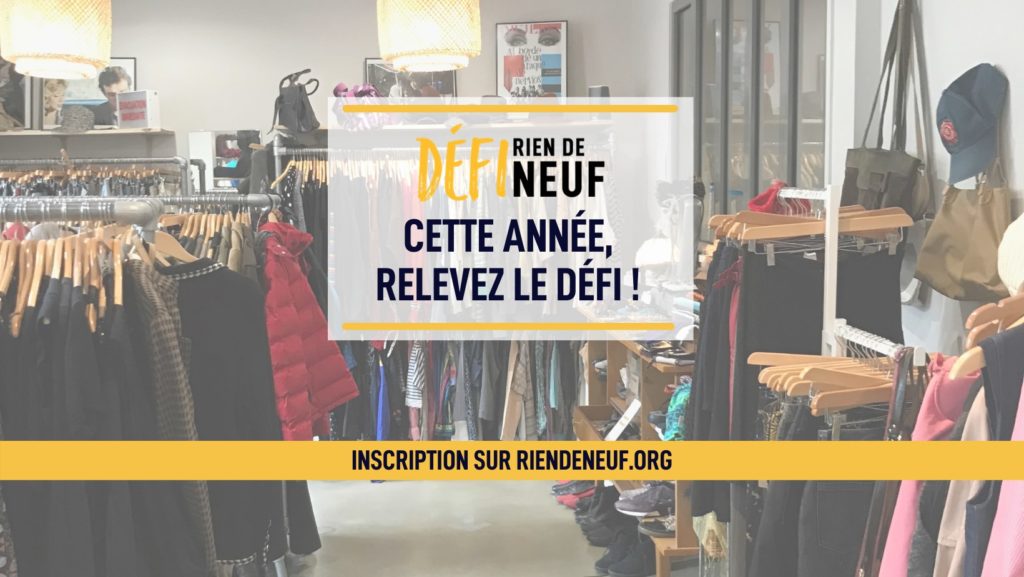
Nothing New Challenge - Zero Waste France
The Nothing New Challenge, by Zero Waste France, encourages people to rethink new purchases and offers suggestions for alternatives – such as reusing, opting for second-hand, repairing or borrowing, while informing citizens about the impacts of current production and consumption trends on the earth. Participants have access to a personal space to share new purchases they have avoided and to exchange and draw inspiration from other participants. The challenge is simple, buy as few new items as possible throughout the year to reduce the waste of resources! Over 70,000 people have joined the challenge so far. Will you?
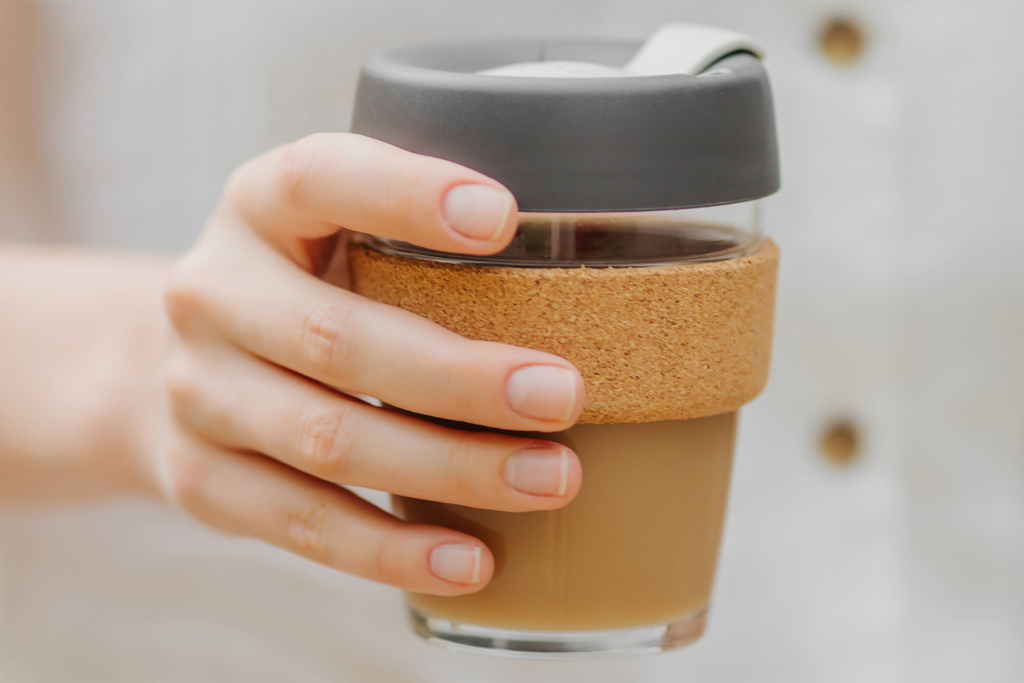
Mission Reuse - Recycling Network Benelux
The Mission Reuse project, by our member Recycling Network Benelux, together with two partner organisations, aims to test reuse solutions, learn about consumer preferences, and work together with the business community to implement practical and innovative zero waste practices. The organisations work with policy-makers that can help to promote such practices and create infrastructures that support them while leading on research about reuse systems that can work in different scenarios and are affordable for both customers and business entrepreneurs. Mission Reuse has put forward recommendations to the Dutch government on legislation that encourages reusable options and phases out single-use ones.